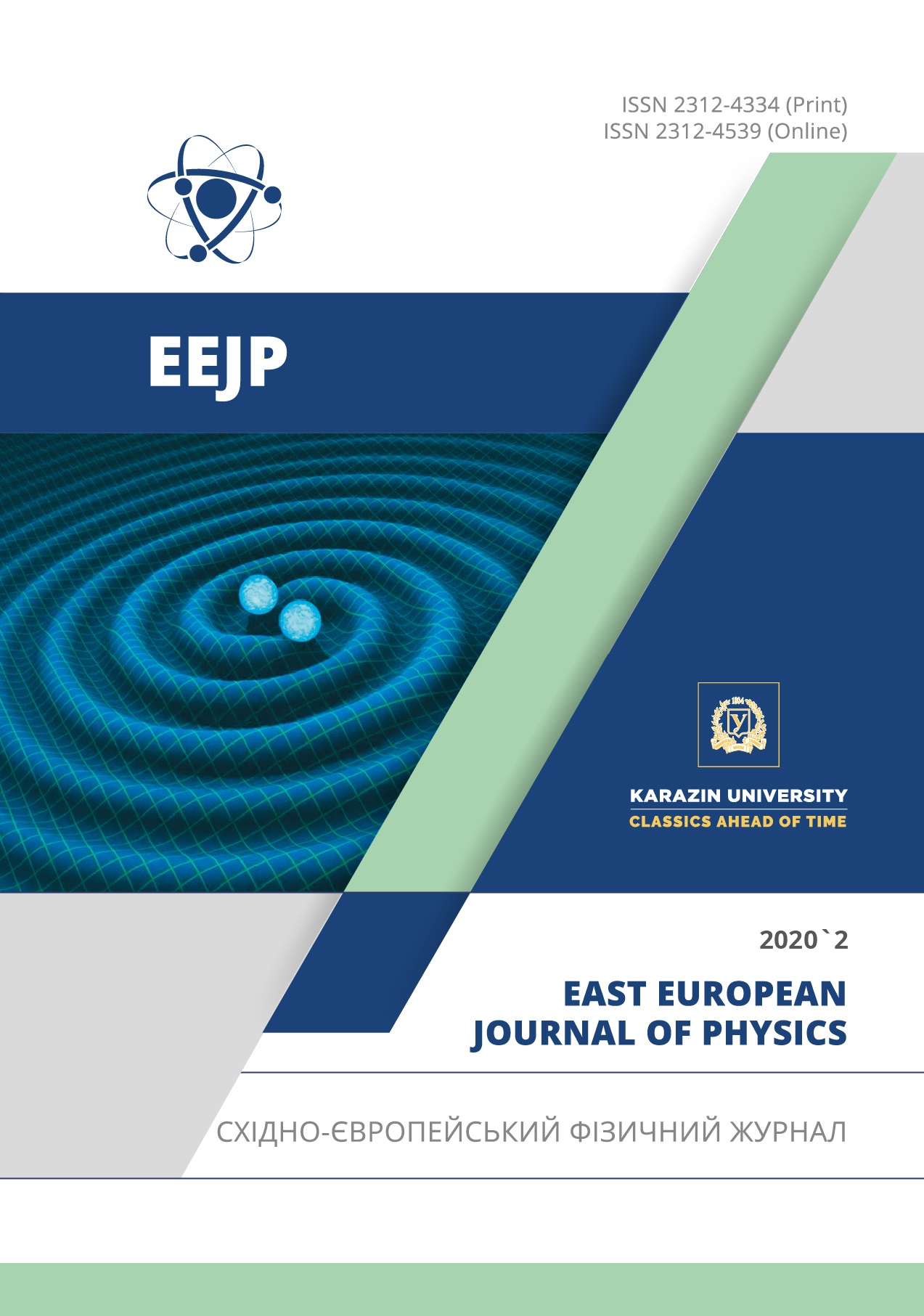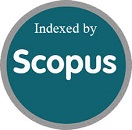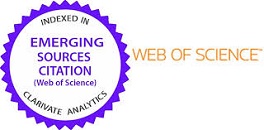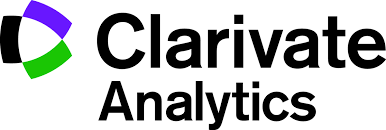"We must remember that before the appearance of Peter Kapitsa, we were the first and only laboratory in the USSR ..."
Abstract
Lev Vasilievich Shubnikov was born in 1901 in St. Petersburg. His father, Vasily Vasilievich, worked as an accountant, and his mother, Lyubov Sergeyevna, ran a household. In 1911, Lev Shubnikov was enrolled in one of the best St. Petersburg secondary schools - the Maria Andreevna Lentovskaya gymnasium. He studied diligently, as evidenced by the archival documents of the gymnasium. In the report card for graduation, grade 8, in the column “physics” it says “there is a great interest in the subject”. In 1918, Shubnikov entered the Petrograd University at the Faculty of Physics and Mathematics (specialty “Physics”). But he was the only recruiting physics student of this year, and he had to listen to lectures first with those who were a year older, then - a younger course. An illustration of the student life of those years is the memoirs of his classmate Olga Nikolaevna Trapeznikova, doctor of physical and mathematical sciences: “In 1919 I entered the physical department of Petrograd University. I met Lev Vasilievich at the university ... Life was difficult. After the lectures, Lev Vasilievich compiled a list of those present, the lecturer signed, and we all were given a thin piece of bread with jam - we called it tea allowance ... In 1919, the Optical Institute already existed, and D.S. Rozhdestvensky arranged for all senior students ... laboratory assistants. Separate building GOI [State Optical Institute. - Note A.T.] then did not yet have and was housed at the University's Physics Institute. All laboratory assistants received the so-called rations, and this supported them very much. Teachers received the same ration. ” The following historical facts deserve mention: the First World War, revolution, civil war and intervention gave rise to devastation, famine, cold in the country. The following extracts from government documents of that time allow you to clearly describe the then realities.
Downloads
References
Tan’shyna, A. (2018). It’s worth remembering: "This Never Was Not in the USSR". - Ukraine, Kharkov, UFTI. East European Journal of Physics, 5(3), 82-88. https://doi.org/10.26565/2312-4334-2018-3-10
Tan’shyna, A. (2019). Institute of Theoretical Physics Akhiezer. Origins. The first attempt in the USSR. East European Journal of Physics, (4), 111-118. https://doi.org/10.26565/2312-4334-2018-4-15
Tanshyna, A. (2019). O.I. Akhiezer Institute of Theoretical Physics. East European Journal of Physics, (1), 86-91. https://doi.org/10.26565/2312-4334-2019-1-08
Tanshyna, A. (2019). A.I. Akhiezer Institute of Theoretical Physics. East European Journal of Physics, (2), 113-116. https://doi.org/10.26565/2312-4334-2019-2-13
Tan’shyna, A. (2019). It Should Be Remembered Before Peter Kapitsa Our Laboratory Was the First and sole in the USSR. East European Journal of Physics, (4), 95-100. https://doi.org/10.26565/2312-4334-2019-4-11
Copyright (c) 2020 Alla Tanshyna

This work is licensed under a Creative Commons Attribution 4.0 International License.
Authors who publish with this journal agree to the following terms:
- Authors retain copyright and grant the journal right of first publication with the work simultaneously licensed under a Creative Commons Attribution License that allows others to share the work with an acknowledgment of the work's authorship and initial publication in this journal.
- Authors are able to enter into separate, additional contractual arrangements for the non-exclusive distribution of the journal's published version of the work (e.g., post it to an institutional repository or publish it in a book), with an acknowledgment of its initial publication in this journal.
- Authors are permitted and encouraged to post their work online (e.g., in institutional repositories or on their website) prior to and during the submission process, as it can lead to productive exchanges, as well as earlier and greater citation of published work (See The Effect of Open Access).








